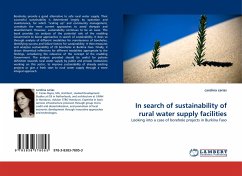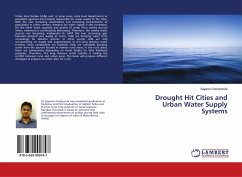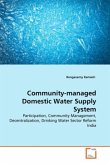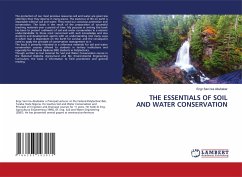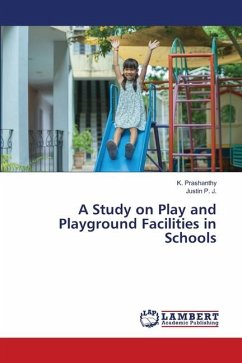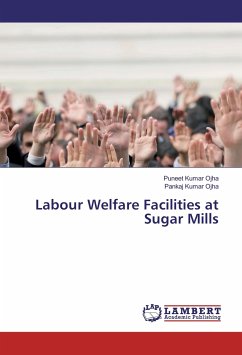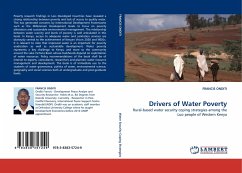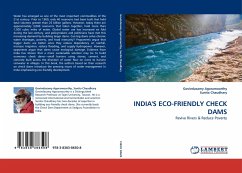Boreholes provide a good alternative to safe rural water supply. Their successful sustainability is determined largely by operation and maintenance, for which scaling up and community management, constitute the most current approaches to avoid disrepair and abandonment. However, sustainability continues to be an issue. This book provides an analysis of the potential role of the enabling Government to boost approaches in search of sustainability. It does so through analysis of different modalities for maintenance of boreholes, identifying success and failure factors for sustainability. It then measures and analyzes sustainability of 20 boreholes in Burkina Faso. Finally, it draws theoretical reflections for different modalities appropriate to the findings, considering the relevance of the concept of the enabling Government. The analysis provided should be useful for policies definition towards rural water supply by public and private institutions working on this sector, to improvesustainability of already existing projects or give a fresh start to rural water supply through a more integral approach.
Bitte wählen Sie Ihr Anliegen aus.
Rechnungen
Retourenschein anfordern
Bestellstatus
Storno

